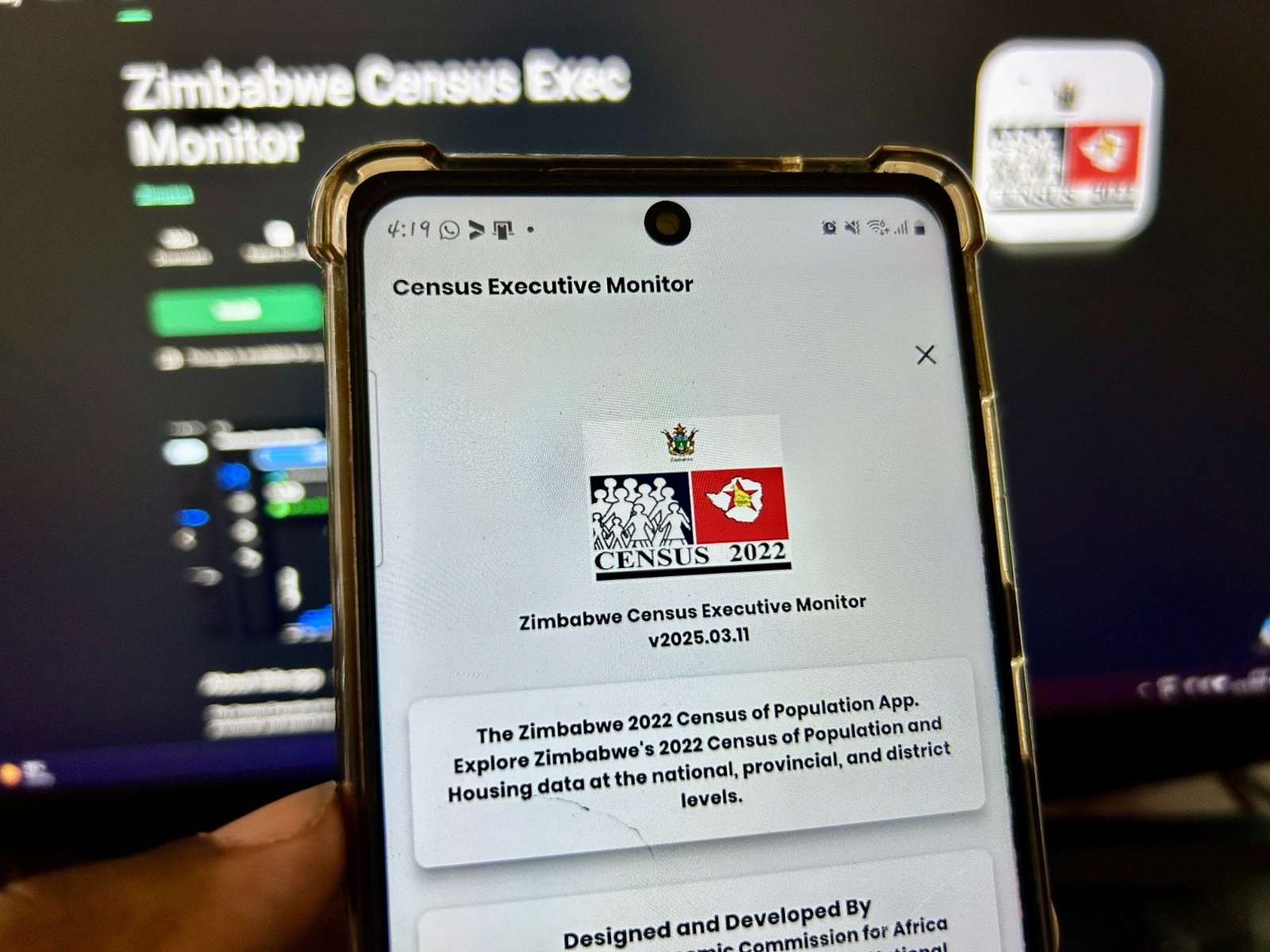 I had always heard/read about the exponential growth of Facebook users over the past couple of years, but it really didn’t quite sink in. The problem was I was seeing the same old faces I knew and a few surprises here and there, so much that it got to a point where I wasn’t really motivated to log on.
I had always heard/read about the exponential growth of Facebook users over the past couple of years, but it really didn’t quite sink in. The problem was I was seeing the same old faces I knew and a few surprises here and there, so much that it got to a point where I wasn’t really motivated to log on.
So I took a break.
Now, upon coming back a few months ago, I really experienced that growth. Just so you understand, I didn’t grow up in a big city. Ours was a small farming community. It lacked the modern connectedness people enjoy in the cities. And even to this date, I’m not sure they have an internet cafe. So you can understand that I did not expect to see any of my homeboys still living there to be on Facebook. But to my surprise, they are on Facebook. Facebook has spread wider to even non-urban youths.
Realizing the level of connectedness we now enjoy something else came to mind; how well do people understand Facebook? How secure do they imagine they are? What are the dangers ? And, how can one avoid them? How secure are we or the kids when they post and comment? There are pornographic profiles (pictures included) in our local languages, do we want our kids to access this material? How best can we avoid this?
Let’s look at the risks I’ve managed to put together based on a small research I did;
- Once you have uploaded a picture/video and shared it with friends, you no longer have control over it. You have placed it in the PUBLIC domain almost equal to putting your pictures in the street. How so? Your friends can download, edit and repost that picture, some may download in an internet café work or a shared computer thereby granting all users of that computer access to that image/video.
- Fake profiles. According to a study done in 2008, between 20 and 40 per cent of all new Facebook profiles at that time were fake. So if (let’s say) you have over 500 friends there is a high possibility that there are some you do not know, but you are sharing information with. Depending on your privacy settings, you may also be sharing your posts and pictures with friends of your friends whom they don’t know etc…I remember one time I got a request from an attractive looking girl, and we started chatting, the conversation slowly drifted to her asking me getting her airtime (assuming it was a girl). This is one simple example that goes to show how people may manipulate you on Facebook.
- You are what you post, anyone going through your profile posts pictures and comments can and will reach a conclusion of who you are based on that. It may not be a big deal if my friend does that. But consider your potential employer, spouse, relative, fellow church members, your boss or even the police. How will that reflect on how they view you or who you are? Mainly potential employers are interested in such things
- Many people are against pornography and avoid pornographic sites, some corporate networks deny access to such sites. Possessing pornographic material is even illegal in Zimbabwe. But recently we have seen a rise of that on Facebook, with profiles that have obscene names, and equally obscene pictures, posts and discussions. Imagine a 13 year old stumbling upon such material. As a parent or school you may have put in place content filtering software, but blocking the facebook.com domain itself may not be practical and if the content is in a vernacular language the filtering software most likely doesn’t understand it.
- You may have secured your profile as much as you can, but another risk may arise from Facebook applications, which usually want to access your data, which they may share with other third parties, thereby putting you and your friends at risk.
There are many other risks and dangers involved the list is almost endless and as Facebook grows they try to address them, but it’s really upon us users to protect ourselves.














Comments
2 responses
Not to say the growing number of hackers who read people’s profile n get target hacks against them…
[…] in keeping me connected with all these “friends” however, is occasionally tarnished by issues to do with privacy, unofficial experiments and all those requests and invites for the different games available through […]